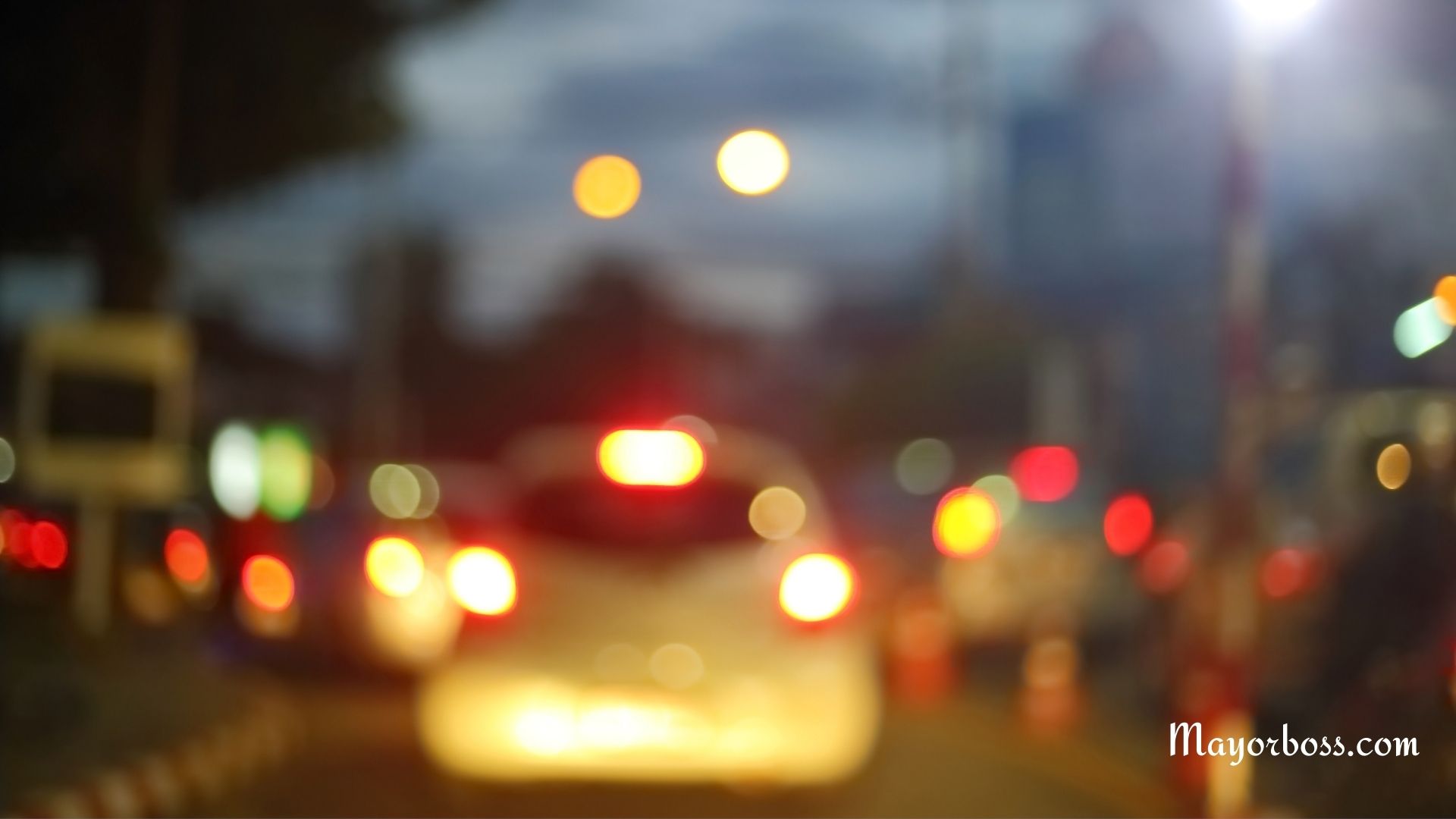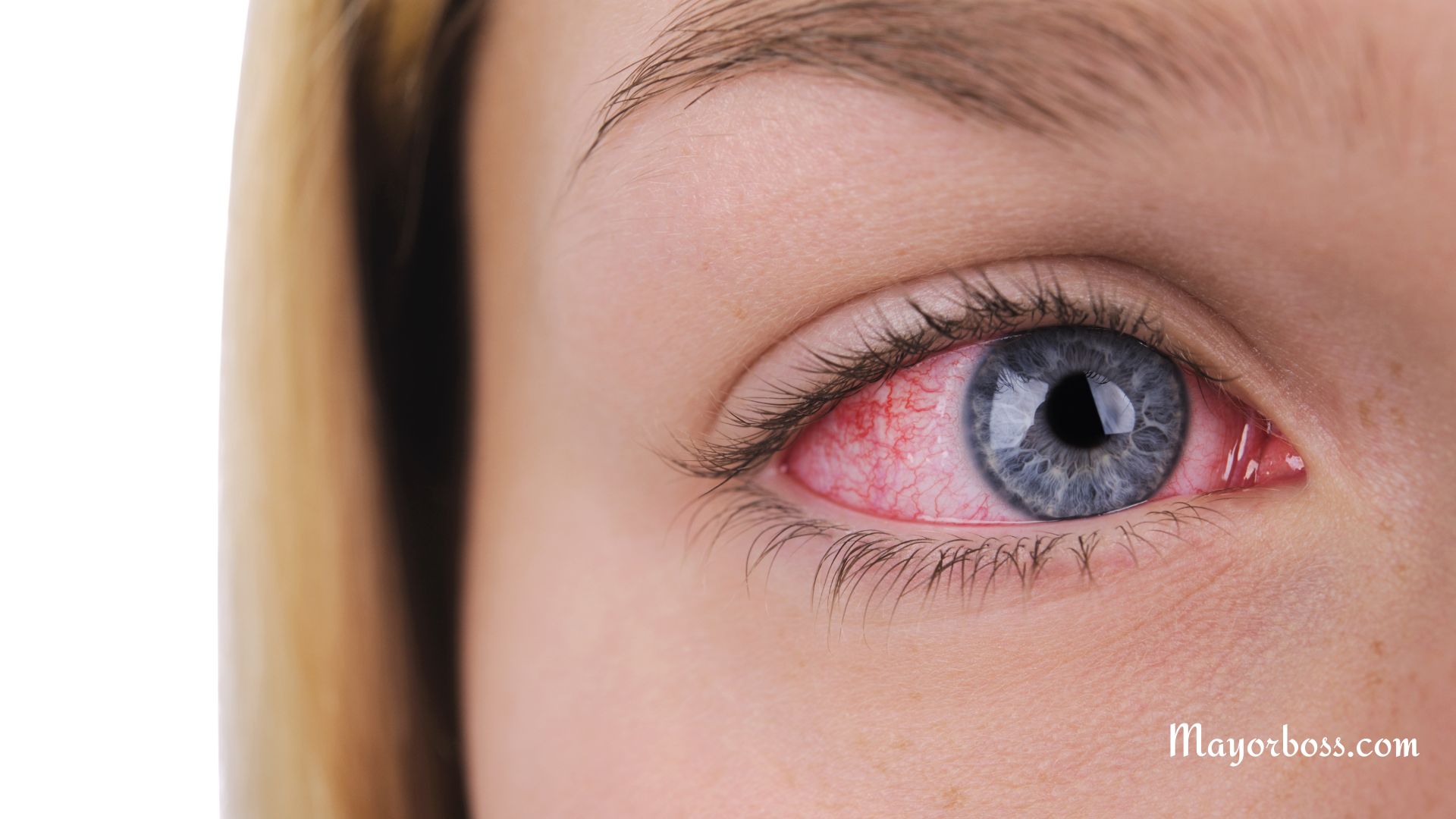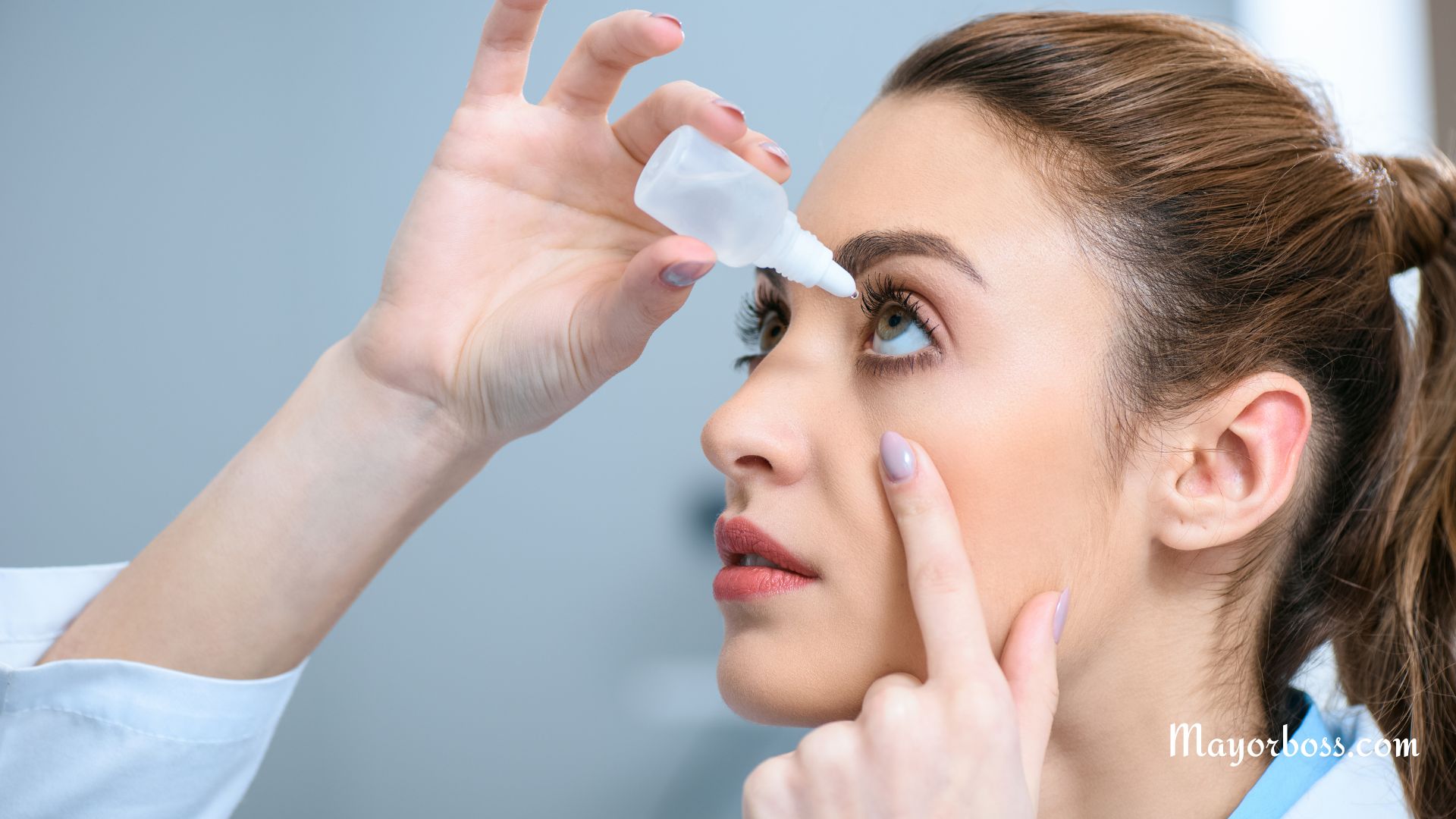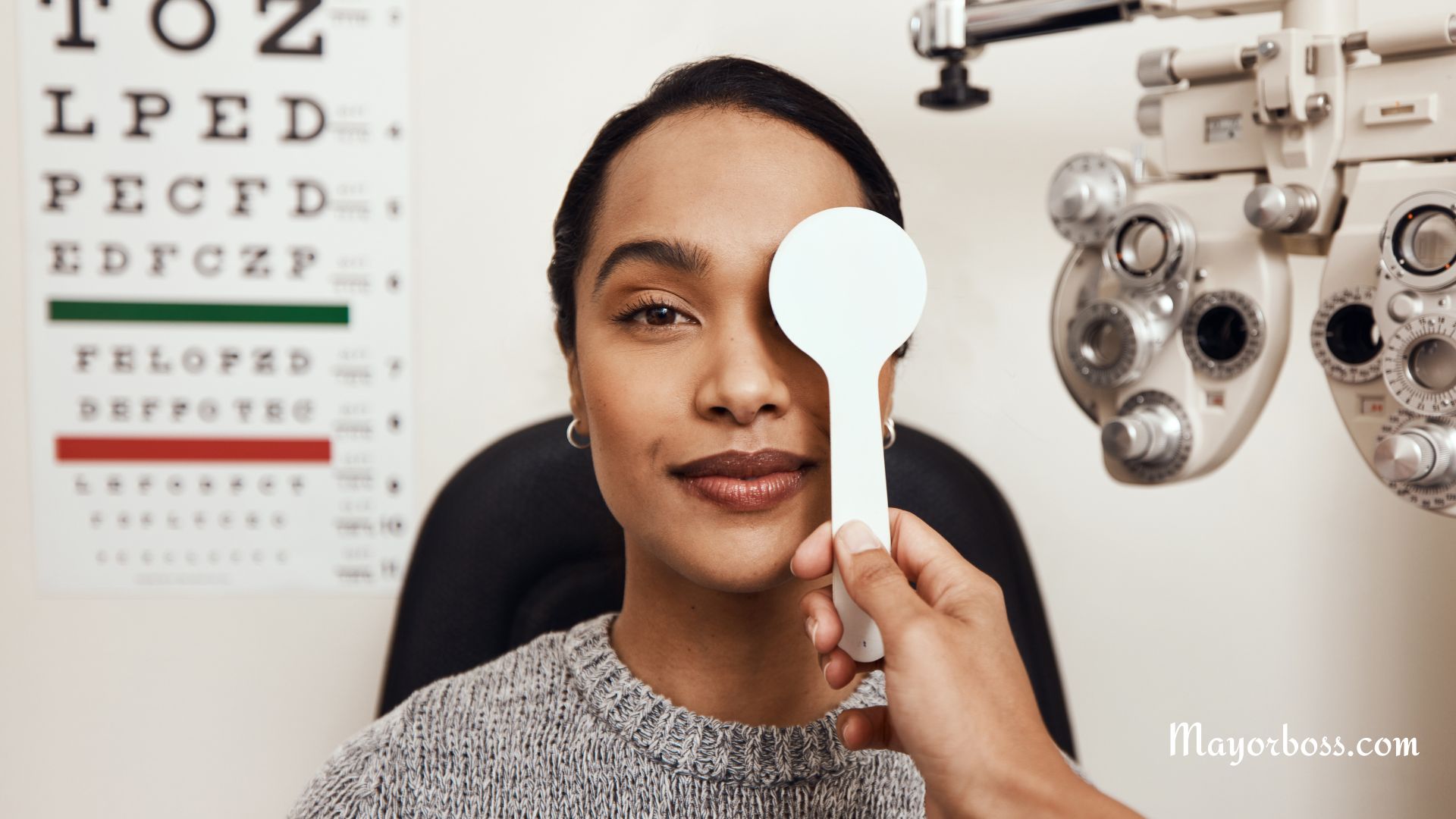Why Do You Struggle to See at Night While Driving?
Struggling to see while driving at night is a common issue that many people face. Factors like decreased light, glare from headlights, and changes in your eyes’ ability to adapt can all contribute to this difficulty. Moreover, certain eye conditions and the aging process can make nighttime vision even worse.

Your Eyes and Reduced Light
When you find it hard to see at night, it’s often due to reduced light levels. Our eyes rely on light to see, and when there’s less of it, the eyes must work harder. The pupils dilate to allow more light in, but sometimes that’s not enough to see clearly. So, what gives?
Role of Rod Cells
Your eyes contain special cells called rod cells that help with night vision. Unfortunately, these cells are not as effective in low-light conditions as they are in well-lit environments. This means your eyes have to work extra hard, and you may find it tough to see.
Glare and Bright Lights
Another issue you may encounter is glare from oncoming headlights or streetlights. The light can scatter inside your eyes, creating “visual noise” that makes it hard to focus.
Light Scattering
Light scattering happens when bright light enters your eye and scatters across various parts of the retina. This effect makes it challenging to focus on the road and can be especially problematic when you’re driving at high speeds.
Your Eyes’ Ability to Adapt
Even when you’re in well-lit areas, you might notice that it takes time for your eyes to adjust when you go into a darker space. This is known as “dark adaptation,” and it becomes slower as you age.
Aging and Dark Adaptation
As you get older, the lens inside your eye becomes less flexible. This change makes it harder for the eye to adjust to varying levels of light. Consequently, you may find it increasingly difficult to see in low-light conditions, such as when driving at night.
Eye Conditions That Impact Night Vision
If you still find it hard to see at night despite considering the factors mentioned above, you might have an underlying eye condition.
Cataracts
Cataracts are cloudy areas in the eye’s lens that can scatter light and make vision blurry. This condition can significantly impair your ability to see at night.
Retinal Diseases
Conditions like retinitis pigmentosa affect the retina’s function. The retina is the part of the eye that captures light and sends signals to the brain. When it’s not working correctly, your night vision can be severely impacted.
Night Blindness
Night blindness, or nyctalopia, is a crucial factor that could be affecting your ability to see well while driving at night. This condition isn’t a disease but rather a symptom of an underlying issue. When you have night blindness, your eyes fail to adapt to low-light conditions, making it difficult to see clearly when it gets dark.
Why Does Night Blindness Occur?
Several underlying conditions can result in night blindness, and each has its own set of reasons.
- Vitamin A Deficiency: Vitamin A is crucial for maintaining your eyes’ light-sensitive cells. A lack of this vitamin can severely impair your ability to see in low-light conditions.
- Genetic Factors: Some people inherit conditions like retinitis pigmentosa, which can cause night blindness. In such cases, the rod cells in the retina deteriorate, affecting your ability to see in the dark.
How Is Night Blindness Diagnosed?
If you suspect that you’re experiencing night blindness, an eye doctor will typically perform a series of tests to evaluate your vision in low-light conditions. These tests can determine whether you have an underlying condition that requires treatment.
Treatment Options
The treatment for night blindness depends on its underlying cause. For instance, if a Vitamin A deficiency is the issue, supplements, and dietary changes can help. On the other hand, if a genetic condition is the cause, you may need more specialized treatment, which could include medications or even surgery.
Take Action for Better Night Vision
If you’re struggling with nighttime vision, don’t ignore the problem. See your optometrist for a comprehensive eye exam. Depending on the diagnosis, you might need corrective lenses or even surgery to improve your vision.
Lifestyle Changes
In the meantime, you can also make some lifestyle changes to help with night vision. For instance, reducing your speed while driving at night can give you more time to react to obstacles. Also, cleaning your windshield and headlights can reduce glare and improve visibility.






